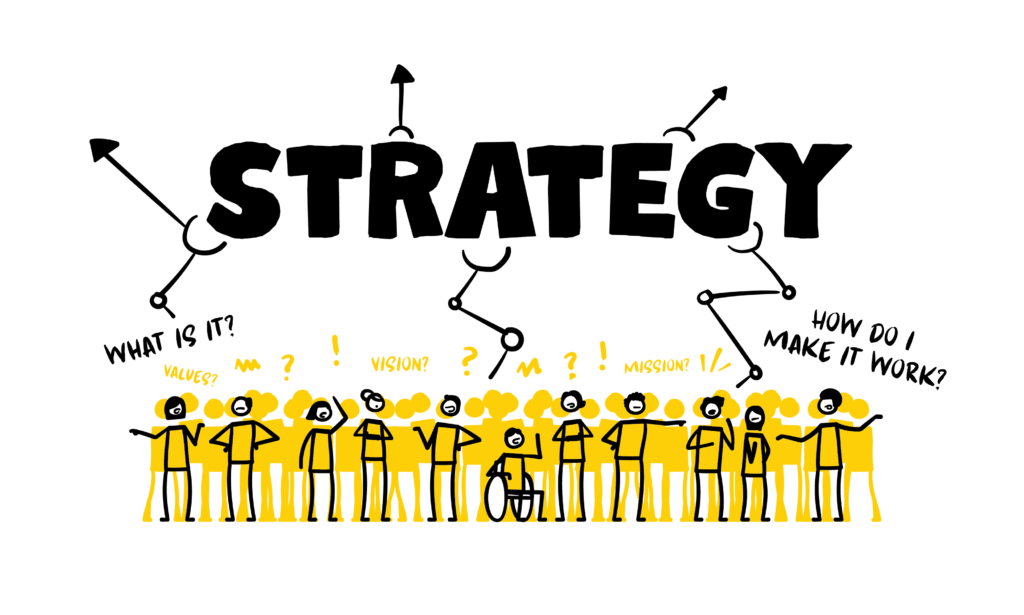
Looking to prove your data engineering prowess on Google Cloud? The GCP Professional Data Engineer (PDE) certification is the gold standard for professionals who design, build, operationalize, secure, and monitor data processing systems.
This SEO-optimized guide is crafted for GoHackersCloud readers and showcases our comprehensive courses, hands-on labs, and practice questions to help you fast-track your PDE success.
The PDE certification validates your ability to:
The Professional Data Engineer certification is the top-tier credential for data engineers working on Google Cloud, signaling mastery across data processing, analytics, and machine learning workflows.


Review data modeling concepts, normalization/denormalization, and schema design.
Study ETL vs. ELT patterns and when each is best applied.
Understand batch vs. streaming architectures, trade-offs, and practical use cases.
Gain hands-on experience with:
Dataflow → stream & batch pipelines
Pub/Sub → event-driven messaging
BigQuery → analytics and warehousing
Dataproc → Spark/Hadoop clusters
Learn storage decisions (Cloud Storage, Spanner, Bigtable, Firestore, Cloud SQL).
Compare cost models for different services in large-scale pipelines.
Practice monitoring & logging with Cloud Monitoring and Logging.
Set up alerts for pipeline health and latency.
Implement security & governance: IAM roles, encryption (CMEK/KMS), DLP policies, VPC Service Controls.
Build end-to-end data pipelines from ingestion → processing → storage → analytics.
Design for reliability, fault tolerance, scalability, and cost-efficiency.
Explore hybrid/multi-cloud architecture considerations.
Take PDE practice tests to evaluate readiness.
Review detailed explanations of answers to understand trade-offs.
Deep dive into weak areas (e.g., streaming design, ML integration).

Google Cloud Professional Data Engineer Exam Guide
Google Cloud Skills Boost platform (Qwiklabs & labs)
Official practice questions and case studies
Google Cloud documentation & sample reference architectures
At GoHackersCloud, our PDE prep package includes:
Structured Courses → Outcome-focused curriculum aligned with PDE domains
Hands-On Labs → Realistic data pipelines & analytics workloads
Extensive Question Banks → 700+ practice questions with explanations
Mock Exams → Timed simulations mirroring the real PDE exam
PDE Readiness Dashboard → Track strengths, gaps, and improvement plans
Week 1–2: Data fundamentals, architecture patterns, BigQuery basics
Week 3–4: Data ingestion, processing, orchestration with Dataflow/Dataproc
Week 5–6: Data storage design, modeling, and analytics
Week 6–7: Practice questions, labs, and mock exams
Week 7–8: Final review & exam readiness
💡 Tip: Schedule your PDE exam with a target date to build accountability and stay on pace.
✅ Validation of data engineering expertise across ingestion, processing, and analytics
🚀 Access to senior data engineering & analytics roles
💼 Credibility boost with employers and clients
📈 Leverage for driving data-driven digital transformation initiatives

Note: Salaries vary by region and market demand.
The PDE credential is valid for three years. To stay competitive:
At GoHackersCloud, we tailor PDE prep to maximize your success:
The Google Cloud Professional Data Engineer certification represents mastery
over data pipelines, analytics, and governance on Google Cloud.
With structured study strategies, hands-on labs, and extensive practice questions from
GoHackersCloud, you can build reliable, scalable data solutions
and accelerate your data engineering career.

Most candidates spend 8-12 weeks depending on prior data engineering experience and study pace.
Yes. Practical experience designing and operating data pipelines is essential.
Yes. Google Cloud allows exam retakes with appropriate waiting periods; plan accordingly.
PDE focuses on designing, building, and operationalizing data processing systems and analytics; other certifications emphasize architecture, specific roles, or security.
No formal prerequisites; familiarity with data concepts and SQL is beneficial.

join thousands of successful certified professionals!
Contact UsWe'd love to help you out!
No WhatsApp Number Found!
WhatsApp us